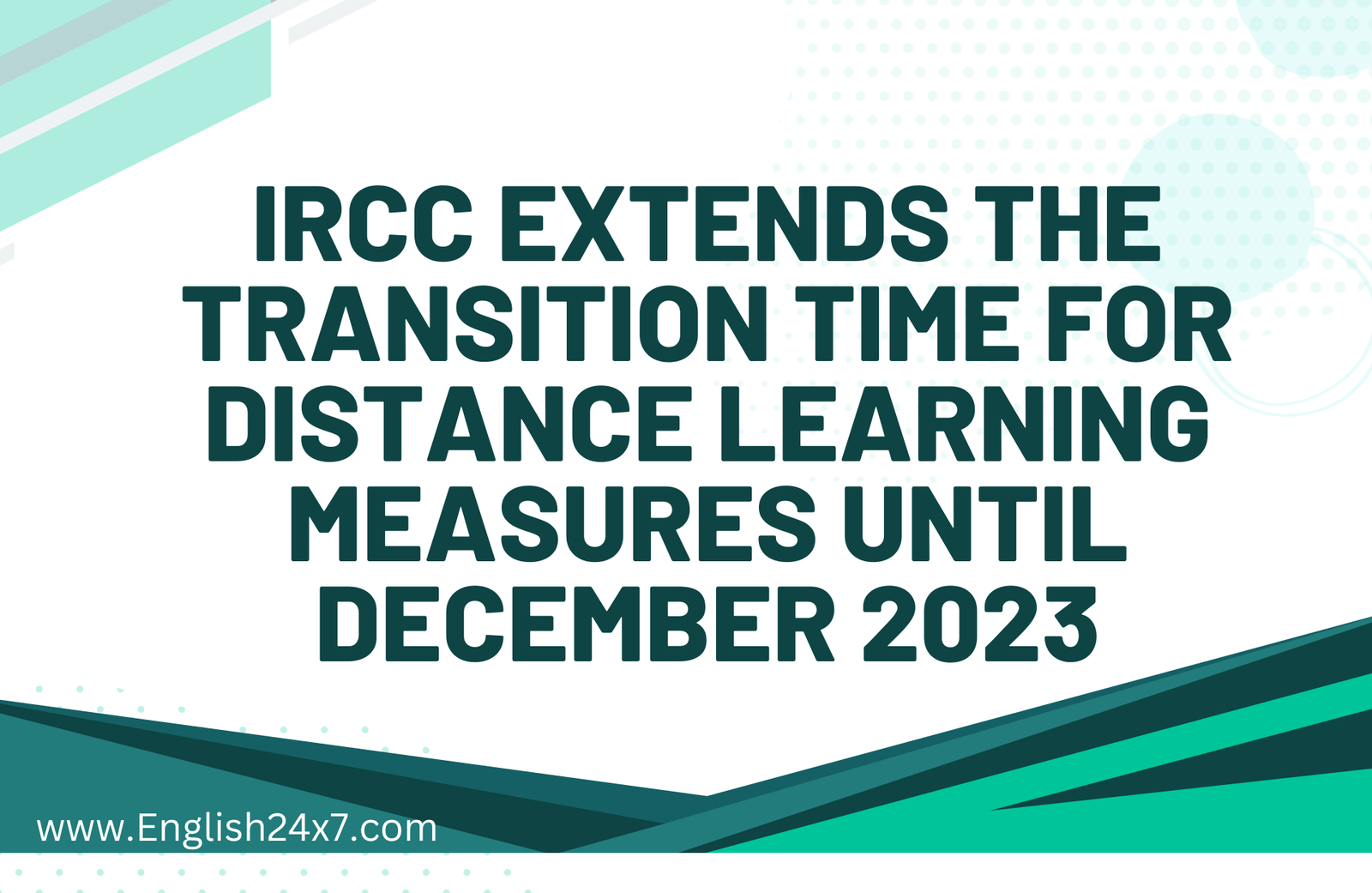
IRCC will extend the policy that permits them to seek work permits
Any foreign individual who obtains a job offer while in Canada will be allowed to apply for and receive a work visa, according to a statement from Immigration, Refugees and Citizenship Canada (IRCC).
The temporary public policy from the COVID-19 era that was supposed to expire today has been extended.
In order to be considered for this temporary public policy, a candidate must have a job offer that is backed by a Labour Market Impact Assessment (LMIA) or an LMIA-exempt offer of employment, and valid visitor status in Canada on the day they apply.
Also, the applicant should submit an application for an employer-specific work permit by February 28, 2025, and satisfy all other requirements for admission.
If you are recognized as a permanent resident and receive a favourable or unfavourable Labour Market Impact Assessment from Employment and Social Development Canada, a documented offer of a full-time, non-seasonal work for one year or more is considered to be genuine (or the job is LMIA-exempt).
An employer submits an LMIA to Employment and Social Development Canada (ESDC) in order to determine if hiring foreign labour will have a positive, neutral, or adverse impact on the Canadian economy.
The company will not be permitted to hire foreign nationals if ESDC determines the impact to be detrimental.
Anyone in Canada with visitor status who had a work permit in the last year but does not currently have one can follow special instructions to obtain temporary work authorization to begin working for their new employer before their work permit application is approved.
Anybody seeking employment in Canada prior to the initial regulation change was typically required to apply for their work permit before travelling. A foreign individual with visitor status would need to leave the country in order to obtain their work permit after landing in Canada. This policy eliminates the need for this action.
A large number of open positions in Canada
When COVID-related travel restrictions were in place and it was difficult for newcomers to enter the country from overseas, the policy was initially adopted to assist firms in Canada fill acute labour needs.
Canada is making efforts to reduce the labour deficit and fill open positions. Canada's unemployment rate as of January is 5%, which is low by historical standards.
However, according to Statistics Canada statistics from December 2022, there were 848,000 fewer job openings overall than there had been earlier in the year, down from over a million.
To fill roles that are in high demand, some important sectors still require more workers. For instance, there were 149,800 open positions in the healthcare and social support industries, 108,000 in the lodging and food services industry, and 100,200 in the retail trade industry.







